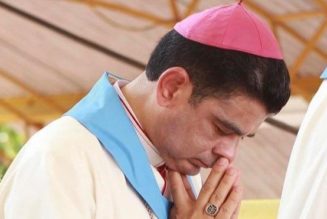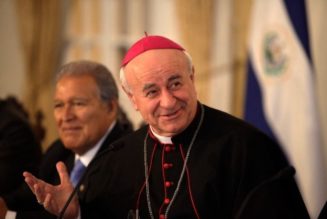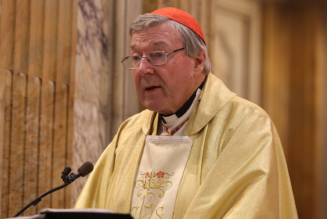The cardinal emphasized that the “real novelty of this declaration” is “the invitation to distinguish between two different forms of blessings: ‘liturgical or ritualized’ and ‘spontaneous or pastoral.’”
“The central theme … is to have a broader understanding of blessings and of the proposal that these pastoral blessings, which do not require the same conditions as blessings in a liturgical or ritual context, flourish. Consequently, leaving polemics aside, the text requires an effort to reflect serenely, with the heart of shepherds, free from all ideology,” he said.
The DDF’s press release says that the same-sex blessing declaration may require more time for its application “depending on local contexts and the discernment of each diocesan bishop with his diocese.”
“In some places, no difficulties arise for their immediate application, while in others it will be necessary not to introduce them, while taking the time necessary for reading and interpretation,” Fernández said.
The cardinal added that it is fine that some bishops have, for example, established that priests perform these blessings only in private, so long as this is “expressed with due respect for a text signed and approved by the Supreme Pontiff himself, while attempting in some way to accommodate the reflection contained in it.”
The clarification also notes that in countries where there are “laws that condemn the mere act of declaring oneself as a homosexual with prison and in some cases with torture and even death, it goes without saying that a blessing would be imprudent.”
The press release was signed by Fernández and Monsignor Armando Matteo, the secretary for the doctrinal section of the dicastery.
“We will all have to become accustomed to accepting the fact that, if a priest gives this type of simple blessings, he is not a heretic, he is not ratifying anything nor is he denying Catholic doctrine,” it said.
“We can help God’s people to discover that these kinds of blessings are just simple pastoral channels that help people give expression to their faith, even if they are great sinners. For this reason, in giving a blessing to two people who come together to ask for it spontaneously, we are not consecrating them nor are we congratulating them nor indeed are we approving that type of union.”
(Story continues below)







